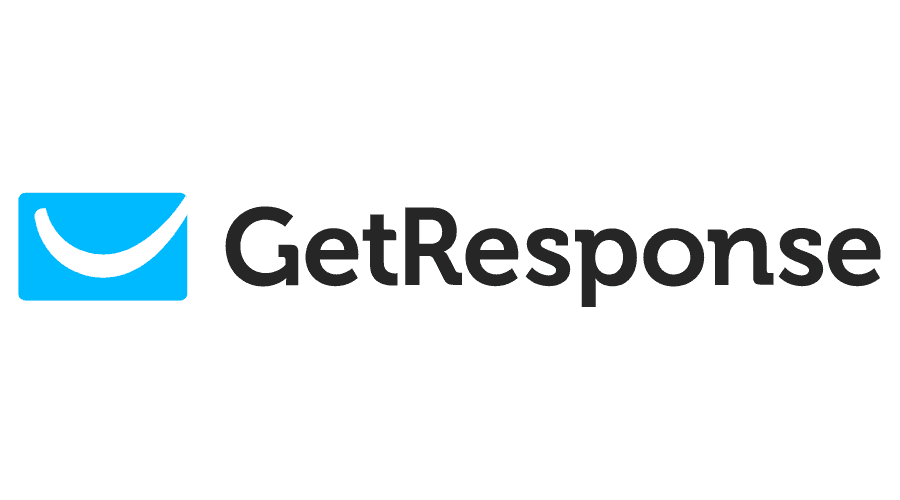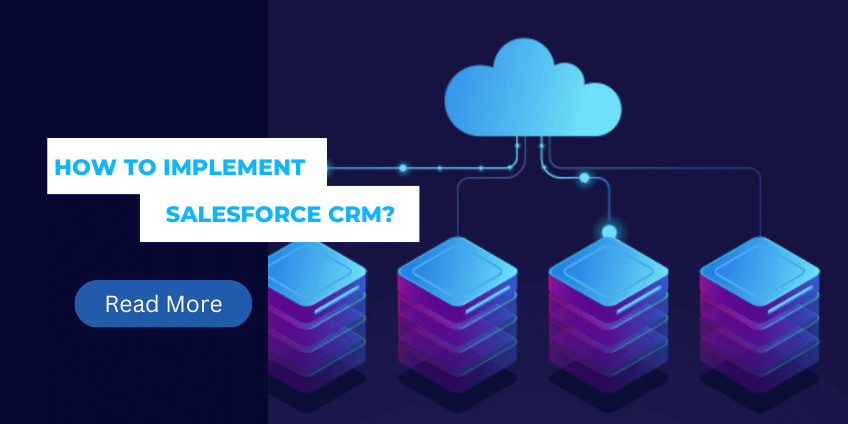Top Marketing Automation Software for Small Business
Key Benefits of Marketing Automation Software for Small Business
Marketing automation software for small business provides numerous benefits that can significantly impact growth and efficiency:
1. Time-Saving Automation
One of the most significant advantages is the ability to automate repetitive tasks such as email campaigns, social media postings, and lead nurturing. This not only saves time but also ensures consistency in marketing efforts.
2. Improved Customer Engagement
By using marketing automation software for small business, companies can create personalized marketing campaigns that cater to individual customer preferences. This leads to higher engagement rates and improved customer satisfaction.
3. Enhanced Lead Management
Marketing automation tools help small businesses capture, track, and manage leads more effectively. Automated lead scoring and nurturing ensure that sales teams focus on high-quality prospects, increasing the chances of conversion.
4. Data-Driven Insights
Marketing automation software provides valuable analytics and reporting features. Small businesses can track the performance of their campaigns, understand customer behavior, and make data-driven decisions to optimize their marketing strategies.
5. Cost-Effectiveness
Implementing marketing automation software for small business can lead to significant cost savings. By automating various marketing tasks, businesses can reduce the need for additional personnel and resources.
Top Small Business Marketing Automation Software Solutions
HubSpot:
HubSpot offers a comprehensive marketing automation platform tailored for small businesses, with features including email marketing, lead capture, social media management, and CRM integration.


Mailchimp:
Mailchimp is a popular choice for small businesses looking for an easy-to-use email marketing and automation platform. It offers features such as audience segmentation, A/B testing, and marketing CRM integration.
ActiveCampaign:
ActiveCampaign provides a robust marketing automation solution with advanced features like behavior-based automation, predictive sending, and machine learning capabilities for personalized marketing campaigns.


Keap:
Keap (formerly Infusionsoft) offers small businesses an all-in-one CRM and marketing automation platform, with features such as lead scoring, appointment scheduling, and e-commerce integration to streamline sales and marketing processes.
GetResponse:
GetResponse is a versatile marketing automation platform that offers features such as email marketing, landing pages, webinars, and marketing automation workflows, making it a suitable choice for small businesses with diverse marketing needs.

Essential Features of the Softwares

When selecting marketing automation software, consider the following essential features:
- Email Marketing Automation: This feature allows businesses to automate email campaigns, send targeted messages, and track email performance metrics.
- Social Media Management: Marketing automation software should offer tools to schedule, publish, and monitor social media posts across multiple platforms.
- Lead Scoring and Nurturing: Automated lead scoring helps prioritize leads based on their engagement levels, while lead nurturing campaigns keep prospects engaged throughout the sales funnel.
- Customer Segmentation: Effective marketing automation software for small business allows for customer segmentation, enabling personalized marketing efforts.
- Analytics and Reporting: Comprehensive analytics and reporting tools help businesses measure the success of their marketing campaigns and make informed decisions.
Implementing Marketing Automation Software for Small Business
- Define Goals and Objectives: Clearly outline what you aim to achieve with marketing automation. Whether it’s increasing lead generation, improving customer engagement, or boosting sales, having defined goals will guide your implementation process.
- Choose the Right Software: Research and select marketing automation software for small business that aligns with your goals and budget. Consider factors such as ease of use, scalability, and customer support.
- Integrate with Existing Systems: Ensure that the marketing automation software integrates seamlessly with your existing CRM and other marketing tools. This will help in consolidating data and improving overall efficiency.
- Train Your Team: Provide comprehensive training to your team on how to use the new software. This will help in maximizing the benefits of marketing automation.
- Monitor and Optimize: Regularly monitor the performance of your marketing automation campaigns and make necessary adjustments. Use analytics to identify areas of improvement and optimize your strategies accordingly.

